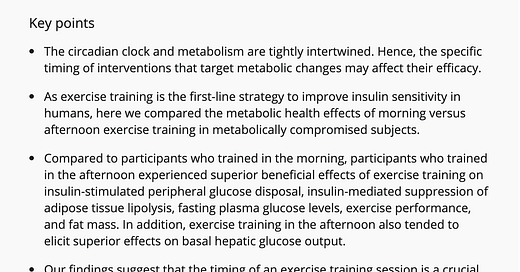Invisible Women: Confessions of a Pocket Addict
My dear GFPs, just a couple of reminders before we get going.First up, you have until 06:59 BST on Friday 22nd October to sign up for newsletter membership if you want to join in this week's GFP LIVE with Tracy Chou, which will be taking place at 6pm BST on Friday 22nd October!Tracy Chou is an entrepreneur and software engineer known for her work advoca…



